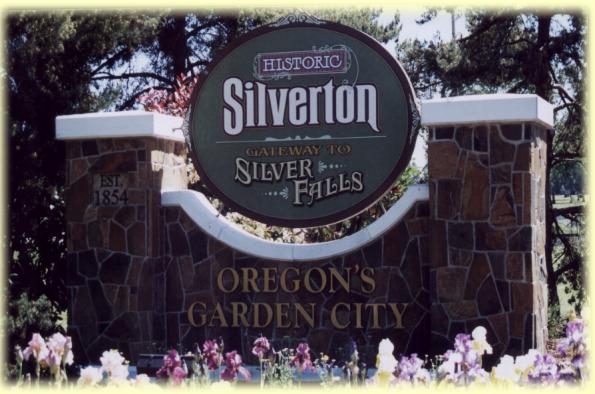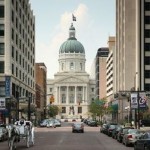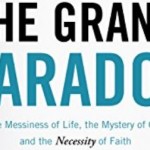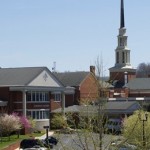 Several times over the last few days, sometimes in very different contexts, I found myself thinking about the relationship between seeing and believing. The default assumption for grown-ups is that “Seeing is believing.” This is a good approach to some problems: testing scientific hypotheses, for example, and evaluating the promises of politicians. But what if we rely too heavily on the primacy of proof? What if there is something essential – and therefore essentially missing – in the more childlike belief that “Believing is seeing”?
Several times over the last few days, sometimes in very different contexts, I found myself thinking about the relationship between seeing and believing. The default assumption for grown-ups is that “Seeing is believing.” This is a good approach to some problems: testing scientific hypotheses, for example, and evaluating the promises of politicians. But what if we rely too heavily on the primacy of proof? What if there is something essential – and therefore essentially missing – in the more childlike belief that “Believing is seeing”?
I spent some time driving around Silverton, Mount Angel, and the surrounding area on Sunday, thinking and praying about my community and asking questions about my place in it. I started thinking about how God might look at a place, perhaps holding in unison its past, present, and future. Can I try to see my place with the same unity? What does it mean to be a community’s memory-keeper (the Past)? How do I look squarely at my community as it is now (the Present), both as it presents itself to the outside world, and also those parts of the community that are relegated to the shadows? And now to my original point: Do I have the faith to see my community as it will be (the Future): Silverton redeemed, a shining city? Believing is seeing.
I want to be more intentional about asking God to help me see my family, my neighbors, my community, the world, the stranger, my friends, my enemies, and even myself, the way God sees us. Elisha prayed for his servant, “O LORD, open his eyes so he may see.” “Then the LORD opened the servant’s eyes, and he looked and saw the hills full of horses and chariots of fire all around…” Elisha believed and saw. His servant saw and believed. The former is a kind of prophetic imagination and it had to precede the latter.
I hope my response to “seeing” will include awe as well as action. I’m reminded of that famous quote from Rabbi Abraham Joshua Heschel: “Never once in my life did I ask God for success or wisdom or power or fame. I asked for wonder, and he gave it to me.” Rabbi Heschel, who has been called “a philosopher of wonder,” believed awe can be a way of understanding. “Awe is itself an act of insight into meaning greater than ourselves,” he wrote. “The meaning of awe is to realize that life takes place under wide horizons, horizons that range beyond the span of an individual life or even the life of a nation, a generation, or an era. Awe enables us to perceive in the world intimations of the divine, to sense in small things the beginning of infinite significance, to sense the ultimate in the common and the simple.”












